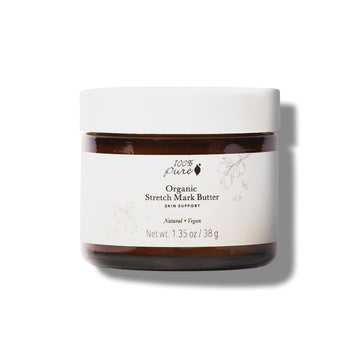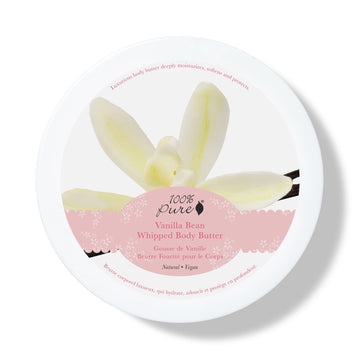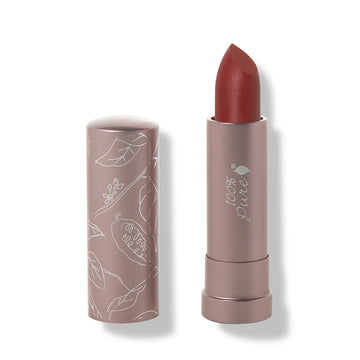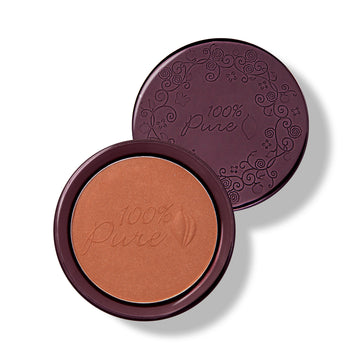Chocolate, cocoa powder, and pure cocoa butter: bad news for breakouts?
Written by: 100% PURE®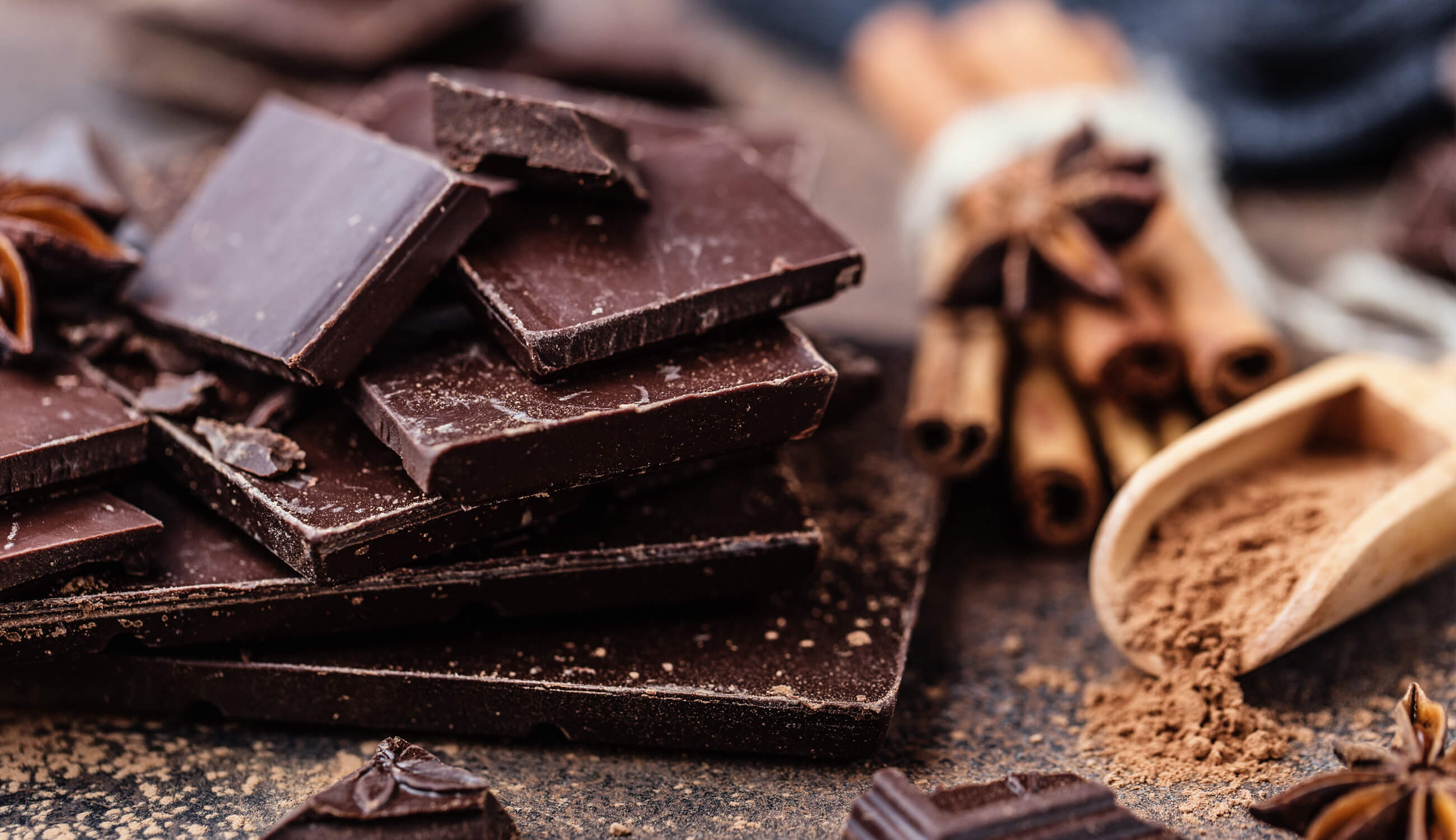
We all fall prey to sugar cravings, especially when it comes to chocolate. But what harm can these sweet treats do to your skin? Everyone knows the rumor that chocolate makes you break out, but what is it about chocolate that’s bad for you?
In honor of World Chocolate Day, we owe it to ourselves to know the truth about how chocolate affects our skin. So let’s debunk some myths around chocolate for your skin, and unmask some little-known benefits that can make caving to your craving a good thing!
Here’s the truth: nothing made with added sweetener is truly good for your skin – and that includes processed chocolate candy. Sugars contribute to the breakdown of skin cells, which results in enhanced aging – and, much like a ghost, we can’t even see it coming.
Since we’re all chasing that forever young face, you should know that the sugar in most chocolate candy works against collagen production and elasticity. Basically we can Hershey’s kiss smooth, supple skin goodbye if we can’t give up certain types of chocolate.
While scientists haven’t been able to find a definite answer on the link between acne and chocolate, there have been many studies linking chocolate to increased inflammation in the skin. However, junk foods that are high in sugar or refined carbohydrates do in fact increase skin’s sebum (oil) production. So if you have acne-prone skin with oil-related breakouts, processed chocolate won’t exactly help your cause for clear skin.
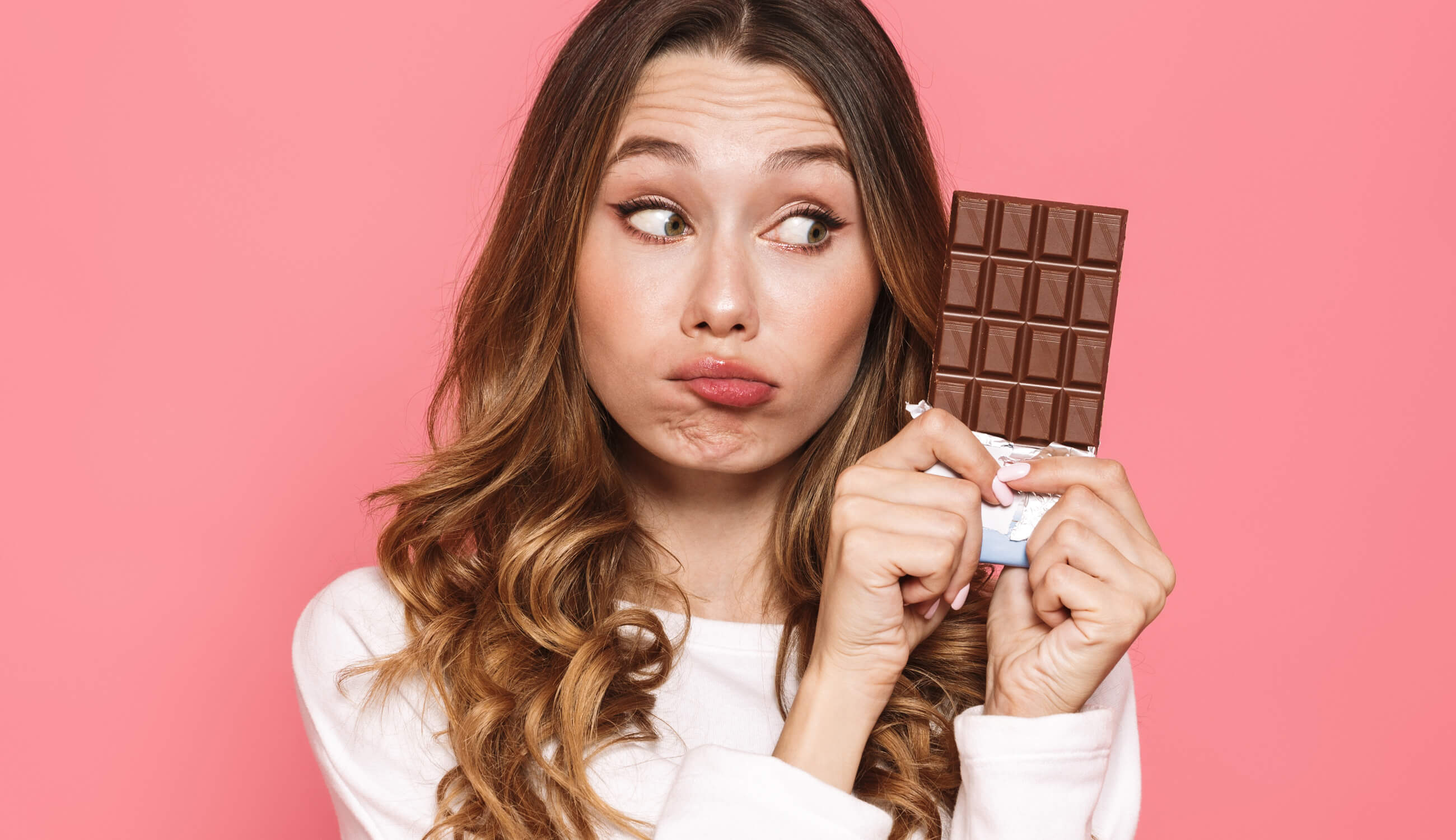
Another one of the hidden villains in our favorite candy treats is dairy. Most chocolate candies have cream, milk, and butter as ingredients. Each of these ingredients has been linked to causing breakouts and skin issues. Milk and dairy are better hosts for bacteria, meaning they can be more likely pore-clogging for skin.
When our diet is not balanced, it isn’t long before we start to see the results with unsightly breakouts – and let’s be real, that makes us want to eat chocolate even more!
Don’t get us wrong, chocolate isn’t all bad; you just need to know what kind of chocolate to choose! Pure dark chocolate and cacao are actually rich in antioxidants, which help support optimized functions in our skin. Check out the dark chocolate benefits for skin health that you need to know!
#1: Offers essential vitamins
Some of the nutrients found in cocoa include magnesium, copper, and iron. Iron is usually found in green leafy foods like spinach and broccoli, but it is a great resource for glow. Copper is a popular skin care ingredient for promoting collagen and elastin, aka more supple, bouncy skin.
Chocolate also contains magnesium, which ironically is linked to balancing our hormones. So those chocolate cravings during that dreaded time of the month might actually do us more good than we thought!
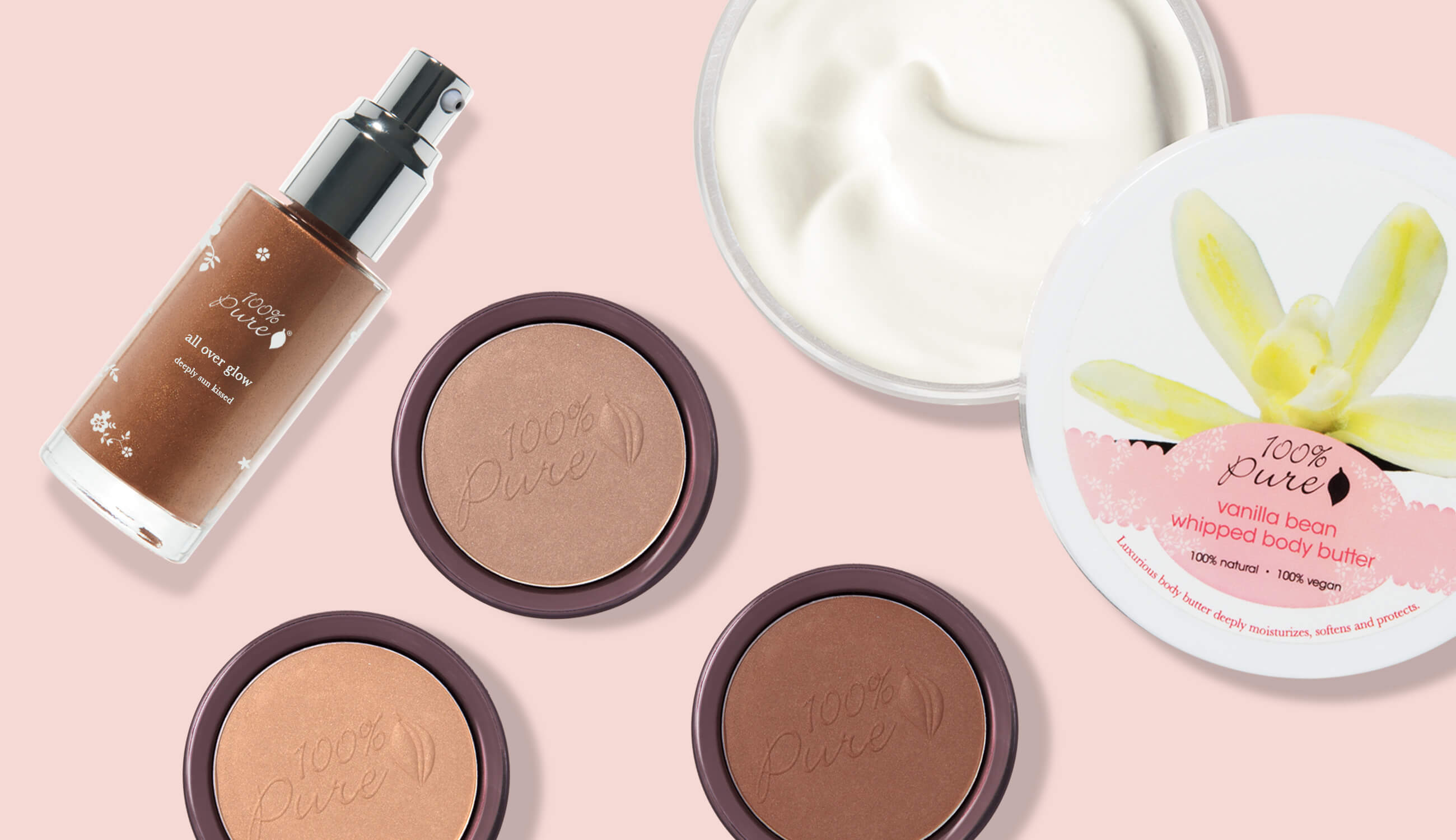
#2: Antioxidants abound
Chocolate’s antioxidant content is the stuff of legend. Antioxidants fight free radicals that contribute to aging skin, and dark chocolate is literally packed with these skin saviors. Picture this: free radicals come into your skin like gremlins, causing chaos and disorder. Antioxidants come in to clean up their mess, reorganize everything, and bring skin back to a healthy balance.
Antioxidants are essential for defending against free radical damage from pollution and UV radiation, which can lead to early signs of aging like fine lines, dark spots, and loss of elasticity.
#3: Pure cocoa butter does it all
Cocoa butter is essentially a fat derived from cocoa beans, and the vitamins found in cocoa butter are super beneficial for skin. They include the superstar vitamin E, which is one of the most important building blocks for skin repair, health, and protection. Also present is vitamin K, famed for treating skin concerns like bruising or burns. Using this vitamin on skin can lead to a more even complexion, radiant glow, and less issues with itching, flaking, or scarring.
Since raw cacao and dark chocolate are also anti-inflammatory, using pure cocoa butter on skin can also be beneficial. Many use cocoa butter topically in body butters and lotions as a soothing treatment for inflammatory skin conditions like dermatitis, eczema, and psoriasis.
There’s also a good reason why women use pure cocoa butter on their skin during pregnancy. One of the common side effects of pregnancy are stretch marks, and though all skin is beautiful – and that definitely includes skin with stretch marks – this nourishing treatment can help.
Using pure cocoa butter topically on growing bellies or postpartum skin can help ease stretching and microtears (stretch marks), by boosting elasticity and replenishing essential hydration. This decadent butter also helps with dryness and itching, thanks to the anti-inflammatory properties we mentioned above.
#4: Makes for a marvelous makeup ingredient
As healthy lovers of chocolate, we decided, why not include it in our beauty products? Chocolate in makeup is a real thing: we use it in our bronzers, foundations, and even lip products.
Pure cocoa butter is rich in fatty acids that help maintain the oil barrier in the skin and seal in hydration. One of the reasons that fatty acids are so essential for the skin is that without them, we’re more prone to breakouts, and dry, inflamed skin. We couldn’t think of a more gentle, beneficial ingredient to use as a base for our makeup.
Since pure cocoa butter melts on contact, it makes for a super silky texture and feel on your skin. That’s why this ingredient stars in super smooth, skin-loving makeup like our Lip & Cheek Tints, Cocoa Butter Matte Lipsticks, and even our Cocoa Pigmented Bronzers.
Our point of view is this: chocolate is essentially a plant derivative, and a great natural resource of some essential vitamins for healthy skin. But does chocolate make you break out? That depends on the kind of chocolate you’re eating, and how much. Ultimately, we’ll stick to the old adage ‘everything in moderation’. Here’s what we will say: there’s too much good in cocoa beans to let them go to waste!
We carefully hand-select products based on strict purity standards, and only recommend products we feel meet this criteria. 100% PURE™ may earn a small commission for products purchased through affiliate links.
The information in this article is for educational use, and not intended to substitute professional medical advice, diagnosis, or treatment and should not be used as such.





